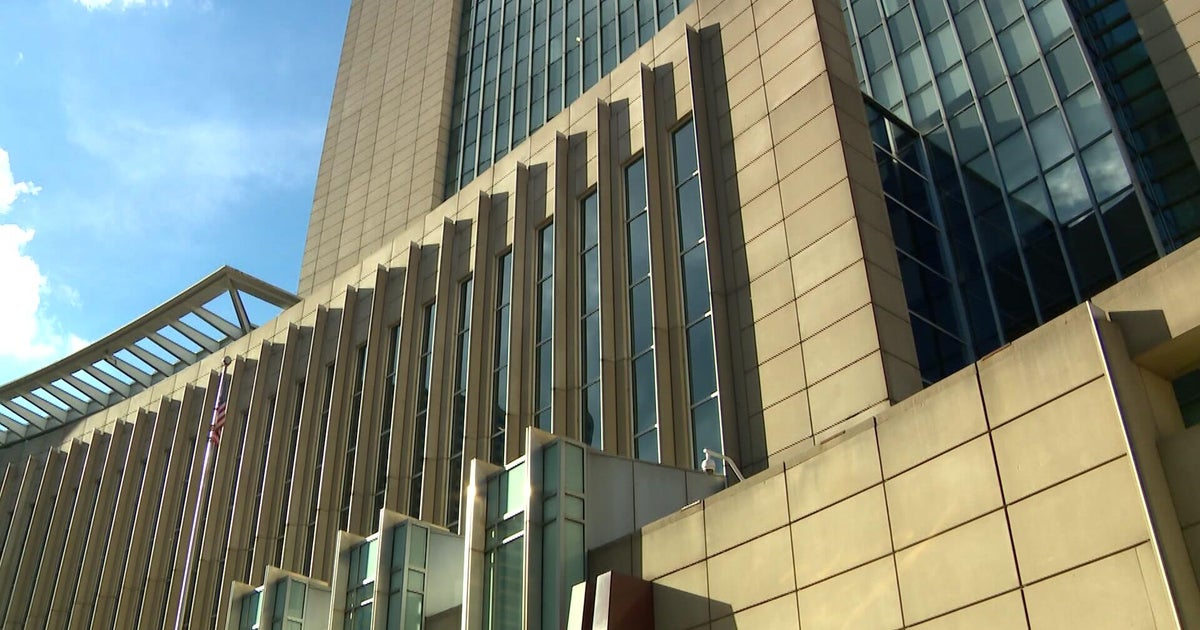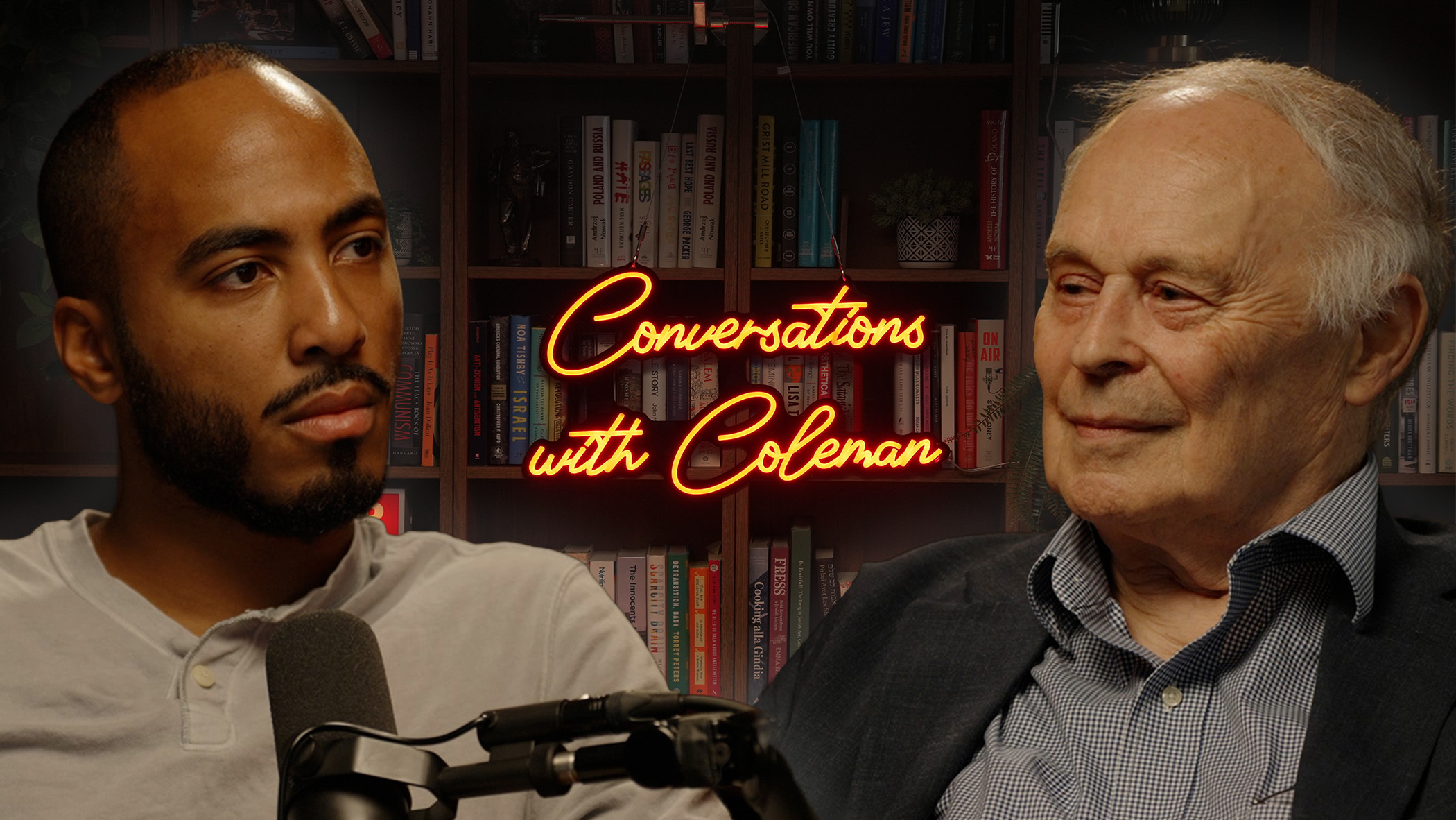U.S. intel community says coronavirus "not manmade or genetically modified"
Washington — The U.S. intelligence community has concluded that the coronavirus "was not manmade or genetically modified," but investigations into the origins of the outbreak are ongoing, the Office of the Director of National Intelligence (ODNI) said Thursday.
"The entire Intelligence Community has been consistently providing critical support to U.S. policymakers and those responding to the COVID-19 virus, which originated in China," the ODNI said in a statement. "The Intelligence Community also concurs with the wide scientific consensus that the COVID-19 virus was not manmade or genetically modified."
The ODNI said the intelligence community "will continue to rigorously examine emerging information and intelligence to determine whether the outbreak began through contact with infected animals or if it was the result of an accident at a laboratory in Wuhan."
The statement comes amid mounting questions about whether the U.S. intelligence community is being unduly pressured by policymakers to identify a link between the virus' origin and infectious disease research facilities in China.
U.S. intelligence agencies have been exploring, but have not uncovered concrete evidence to substantiate, a theory that the coronavirus escaped a Chinese lab. The possibility that the virus was bioengineered, rather than naturally derived, has been ruled out by government officials and scientists alike, a position reiterated by ODNI on Thursday.
More than 61,000 Americans have died of COVID-19, the disease caused by the virus, and more than 1 million have been infected, according to Johns Hopkins University.
Senior administration officials, including President Trump and Secretary of State Mike Pompeo, have in recent weeks heaped blame on Beijing for concealing early data about the virus' transmission in China, something they say hindered an effective global response.
In an interview with Reuters on Wednesday, Mr. Trump said China's handling of the outbreak was due in part to a desire to see him lose reelection in November, and that his administration was weighing unspecified consequences. "There are many things I can do," he said.
Pompeo, a known China hawk, has accused China of continued obfuscation and hinted of future steps to hold it "accountable" for the losses the pandemic has caused.
"I'm still concerned that the Chinese Communist Party is not telling us about all of what's taking place in all of the labs, in fact each of the labs, all across China today," he said in an interview with Fox News.
The New York Times reported on Thursday that Pompeo was among a group of senior administration officials who have been "pushing" intelligence agencies for information on the virus' origins.
It would typically be incumbent on analysts to present the intelligence they have collected in fact-based and apolitical fashion, and incumbent on intelligence community leaders to reel in policymakers who publicly overstate or mischaracterize the intelligence they have received.
"It is not uncommon for any White House to task the IC on issues that are at times politically charged," said Marc Polymeropoulos, a former senior CIA operations officer who retired last spring. "What is critical is that the analysts in the IC are allowed to complete an all-source assessment, free of political interference."
"In the end, whatever analytic conclusion is reached, often the political players in the White House may not be satisfied," he added. "It is better to get it right, every time."




